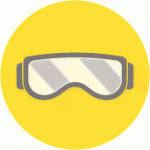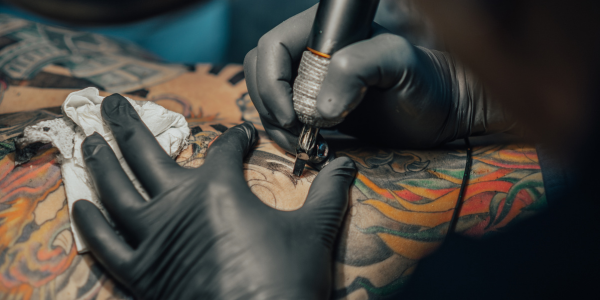We all know the risks of sun ultraviolet radiation (UV) for our skin, but many of us are not as aware of the damaging effects that sun exposure can have on our eyes.
Research from the Australian Skin Cancer Foundation shows that our eyes are more sensitive to ultraviolet radiation than our skin.
Why protecting your eyes from UV light is so important
Too much exposure to UV light increases the risk of various eye diseases.
Exposure to UV light raises the risk of diseases such as cataract or growths on the eye, such as pterygium or cancer. These conditions can take many years to develop, but each time we’re out in the sun without protection we could be doing damage and increasing our risk.
Many people believe it is only the midday sun that poses the greatest UV threat but this is not the case. On some days UV exposure to the eye before 10 am and after 2 pm may be higher than during the middle of the day due to the angle of the sun in relation to the eye.
Tips for protecting your eyes from UV damage
Follow these tips to protect your eyes from the sun all year long:
- Make a habit of wearing UV protective sunglasses and broad-brimmed hats whenever you’re outside.
- Don’t be fooled by clouds or the fact that you’re in the shade: a significant amount of damage to the eye can come from indirect light, whether it is from the side or reflected off surfaces such as the ground, sand or water.
- Sunglasses are also available with tinted prescription lenses for those requiring glasses for clear vision.
- Remember the kids and older family members.
- When purchasing sunglasses, remember to check the sun protection factor on the swing tag, look for high category (Australian standard) lenses and remember that a high retail price doesn’t always mean better protection.
- Polarised lenses can be particularly helpful for reflected glare such as when at the beach or snow.
- A close fitting, wraparound pair or classic style with thick arms can help prevent glare and damaging rays from coming in the sides of sunglasses.
- If in doubt, your optometrist can assist with fitting and advise you on the best lenses for your protection.











